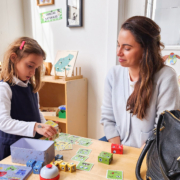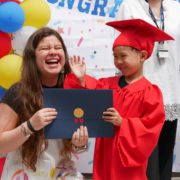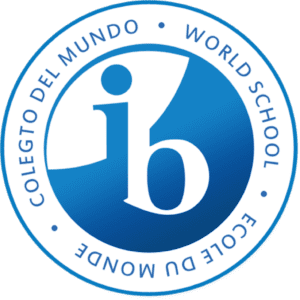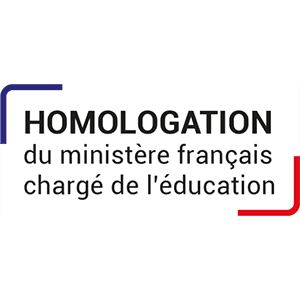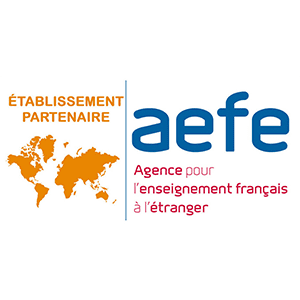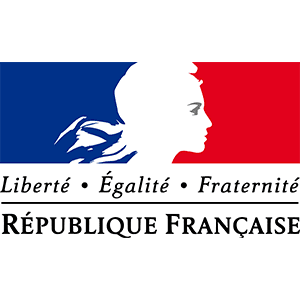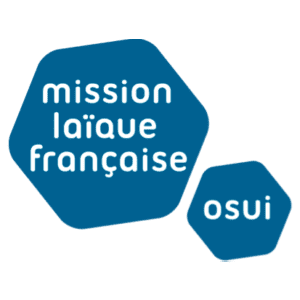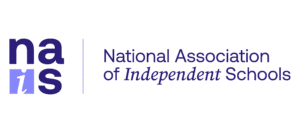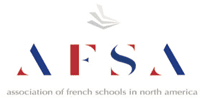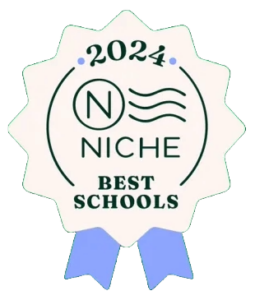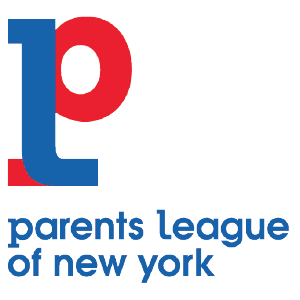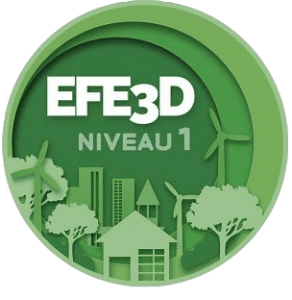Focus on International Baccalaureate: The Teaching Differences
The benefits of International Baccalaureate (IB) programs are unparalleled during primary and secondary education, as well as post-graduation. IB programs give students a unique learning experience they will carry with them throughout their educational careers and beyond.
According to the IB organization’s website, the programs are gaining momentum collectively. Their latest annual statistics bulletin, published in March 2019, showed an increase of 39 percent in global IB program participation.
So, what is it about IB teaching programs that is garnering so much attention in the educational world? To put it simply, it’s an educational curriculum that’s focused on individual thinking with global responsibility.
To understand its effectiveness, we must first understand its differences. In other words, how does IB teaching differ from traditional teaching methods?
The IB Program
The International Baccalaureate program is one that was founded in Switzerland half a century ago with the purpose of broadening global learning and responsibility. As such, the teachings have since expanded immensely and developed methods that promote this multicultural educational experience.
Since its creation, the IB program has grown exponentially and is now incorporated in thousands of educational facilities worldwide. It is also offered across four different educational program levels ranging from early childhood education up through adult career programs. Each level focuses on different aspects of multicultural learning, but the techniques share the same basis. They are also distinctly different from traditional teaching methods.
IB Teaching Differences
IB programs are focused on giving students the ability to expand their knowledge outside the four walls of their homes and classrooms. The teaching is based on global communities and critical thinking that impacts larger-scale communities. In other words, it is focused on tearing down the cultural divides that separate us with traditional learning.
The cornerstone of IB teaching lies with bilingualism and multilingualism. In order to break down cultural barriers, we must first be able to communicate with other cultures. For that reason, foreign language is an integral part of all IB programs.
IB learning is about so much more than bilingualism, however. Course offerings in foreign languages alone do not qualify an educational facility for IB learning credentials. The IB learning experience is about using those courses as one part of a multi-faceted teaching approach.
Multi-Faceted Teaching
According to the International Baccalaureate Organization’s website, there are specific criteria that define an IB program and differentiate it from standardized teaching. The teaching approach must include the following:
- An emphasis on critical thinking and encouraging students to challenge their knowledge
- Key teachings on procuring credible, quality research on all inquests
- Encouraging students to think on a global scale – outside of local and national levels and agendas
- Focus on developing multilingual skills to expand global communication opportunities
Overall, the difference between IB teaching and traditional standardized teaching approaches lies with the bigger picture. The focus of IB teaching is to give students a solid foundation for learning that will drive them in their educational careers for years to come. It is to give students a sense of purpose measured well beyond localized issues and test results. IB teaching instead, focuses on arming students with tools to break down international barriers, and the drive to actively participate in the world around them. It is a method that instills a feeling of multicultural connectivity and global responsibility – one which will follow them throughout their lives.





